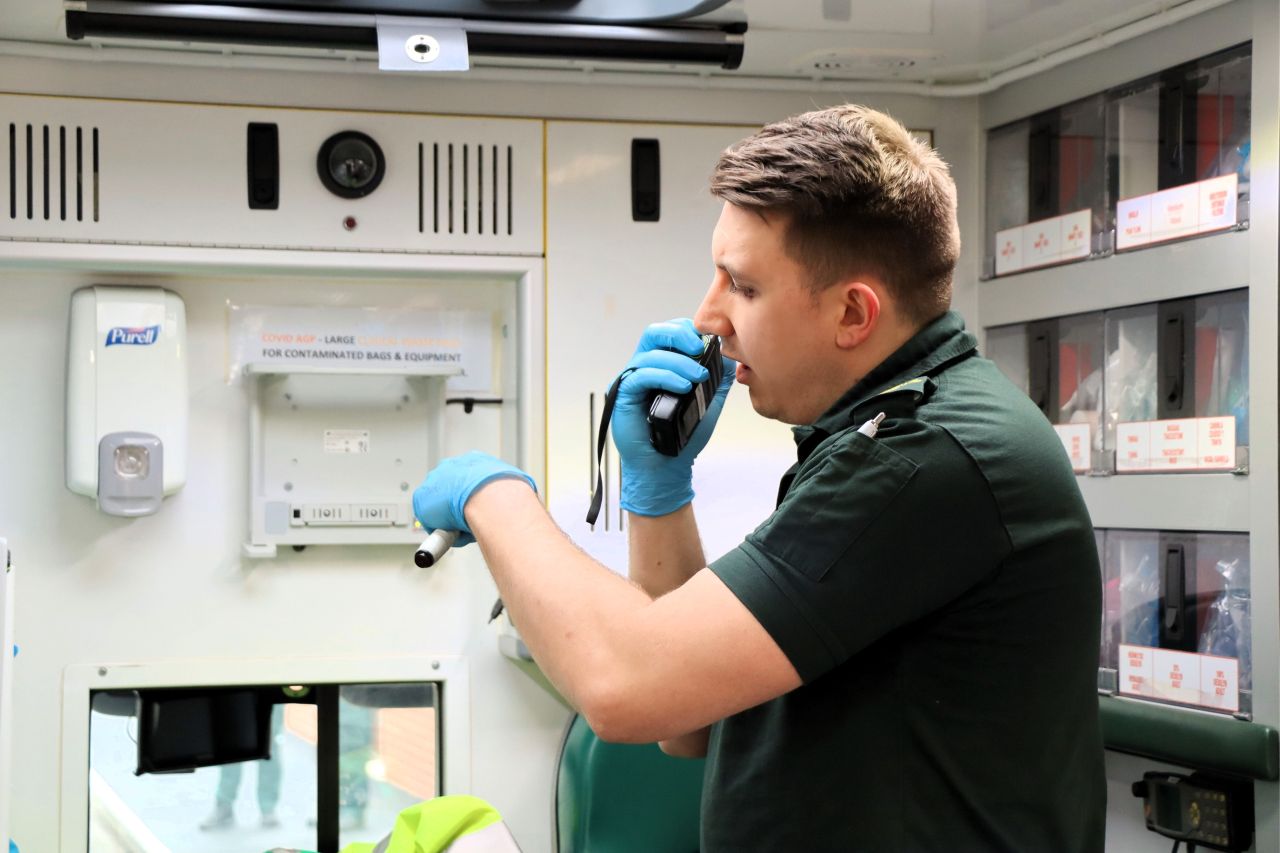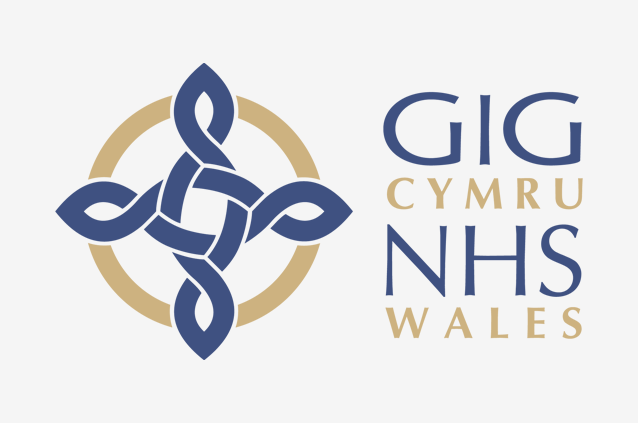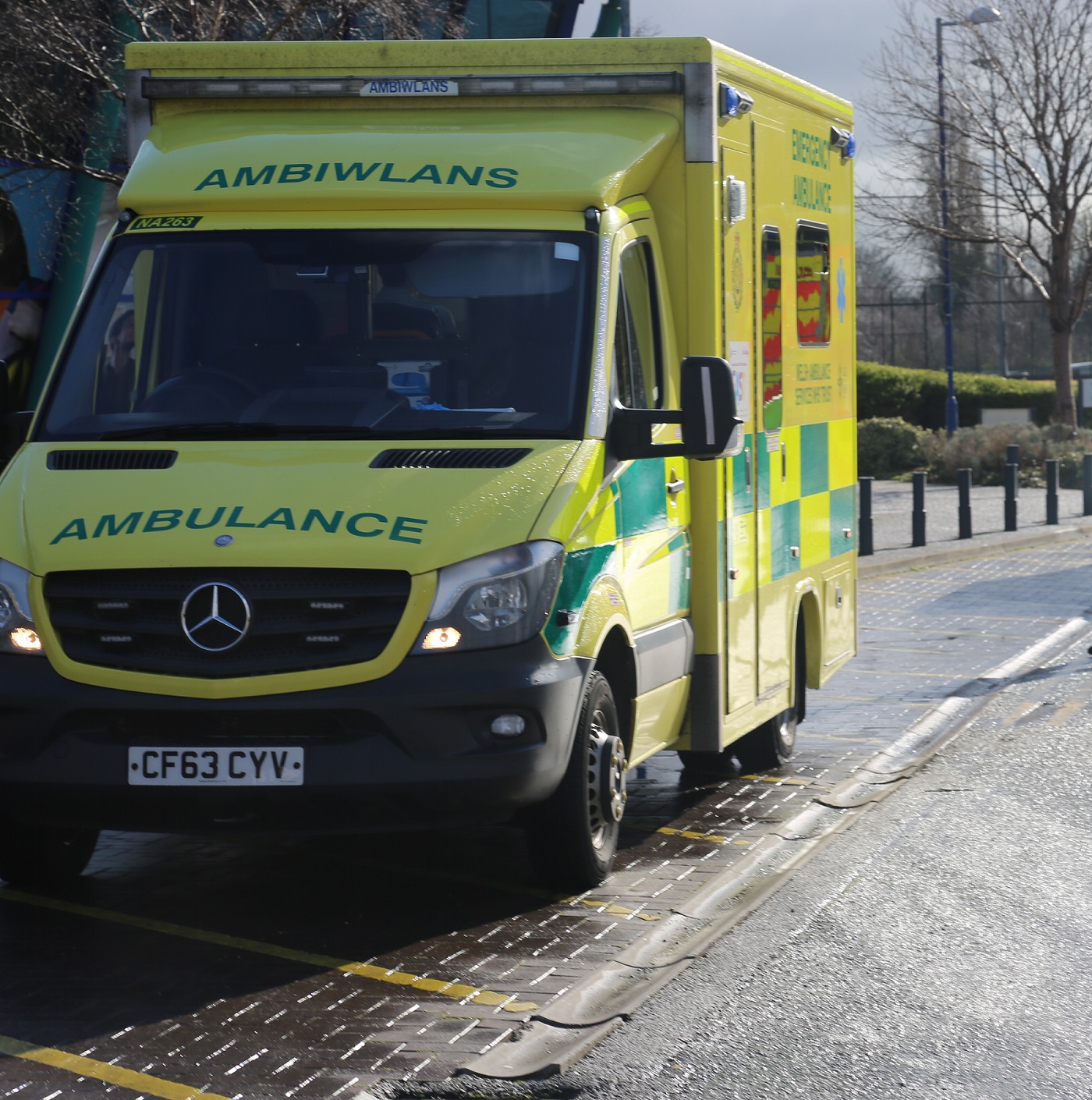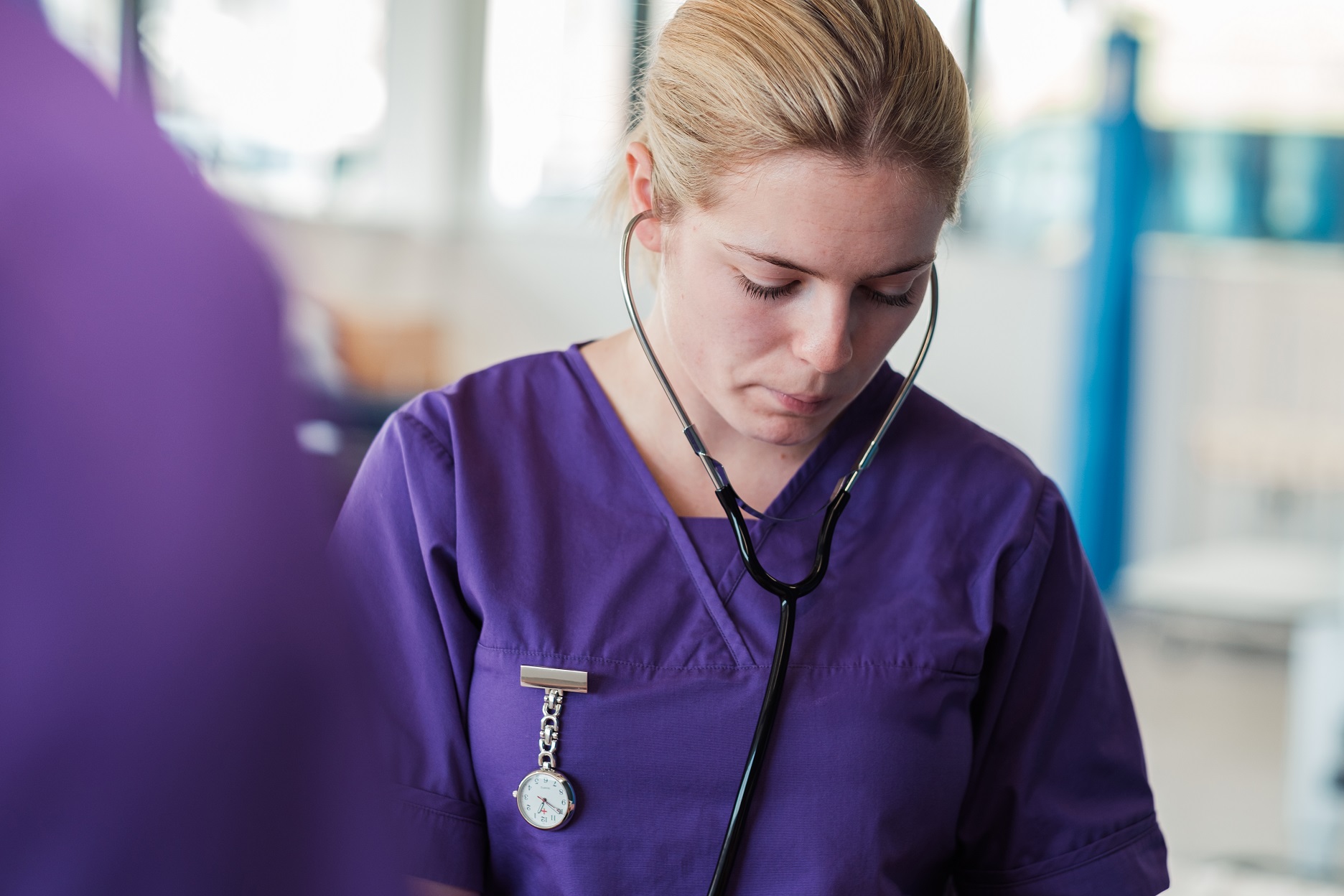
Course details
UCAS Code
PS22
Year of entry
2026
Duration
3 YRS
UCAS Tariff
120
Institution Code
G53
Location
Wrexham
Why choose this course?
If you wish to become a HCPC Registered Paramedic with a career in emergency and urgent care, making a difference to people's lives and contributing to the care within Welsh communities when they need it most, then this Paramedic Science degree course is for you.
This course:
- Is accredited by the Health Care Professions Council (HCPC)
- Is endorsed by the College of Paramedics, allowing you to gain a student membership with the professional body
- Is in partnership with the Welsh Ambulance Service NHS Trust
- Allows you to utilise state-of-the-art simulation equipment and facilities at the University
- Is designed around a Spiral curriculum
- Is a Welsh Government Bursary-commissioned programme.
*This course is part of a subject area ranked Joint 1st in the UK for Graduate Prospects in the Subjects Allied to Medicine subject area league table in the Times and Sunday Times Good University Guide 2026.


Key course features
- With the course being fully endorsed by the College of Paramedics, you can be assured that the course content and design is equivalent with their paramedic curriculum guidance.
- The course features a practice placement partnership with the Welsh Ambulance Service NHS Trust, which includes placements on ambulances responding to emergency and urgent care cases on shifts 24 hours a day, 7 days a week across Wales.
- Alternative emergency and urgent healthcare placements within the wider provision of health and social care in Wales are integrated into practice placements.
- Interprofessional teaching and learning with other Health and Social Care Profession students is integral with dedicated interprofessional modules each year.
- The University has invested in new simulation facilities including a bespoke Paramedic Science room, a simulation ambulance, and other simulated clinical environments such as the Health Simulation Centre and Tŷ Dysgu, meaning there are numerous opportunities for practical learning including regular clinical skills workshops and simulation exercises.
- Our Spiral curriculum means key concepts, such as life sciences, Evidence Based Practice and Professionalism, are presented repeatedly throughout the course, but with deepening layers of complexity and application.
What you will study
In partnership with WAST, placements will be provided across Wales on emergency ambulances throughout the programme. Alternative placements will include essential care for example care home and hospital ward areas, patient assessment areas such as Accident and Emergency departments and telemedicine placements within the Emergency Operations Centre and NHS 111.
Theory sessions will be delivered using a variety of learning and teaching methods utilising a blended approach, considering Wrexham University’s Active Learning Framework, including lectures, problem-based learning, asynchronous sessions, seminars, clinical skills and patient scenarios. Self-directed pre- and post-session learning and resources will be available for you to fully comprehend topics covered.
The programme builds in terms of academic level and professional responsibility as it progresses throughout the three years enabling you to become more self-directed in your learning with an emphasis towards the end of your programme on leadership and development as a registered healthcare professionals.
YEAR 1 (LEVEL 4)
In year one, you will focus on the fundamental assessment, communication and clinical skills required to practice as a caring, kind, compassionate professional who values and respects the individual needs of the patient, family, and carers of all ages.
MODULES:
- Introduction to life sciences: An interprofessional module which will introduce you to the structures and functions of the human body across the lifespan and the effects of disease, illness, injury, and well-being have on normal body functions
- Fundamentals of professional practice: An interprofessional module that allows you to explore the professional standards expected of a paramedic by service users, healthcare professionals and the public guided by legislation and regulatory bodies
- Foundation paramedic placement: Develop your ability to provide the core care expected of a functioning member of an ambulance crew contributing to the provision of patient-centred emergency and urgent care in the out-of-hospital setting
- Underpinning paramedic assessment and management: – Allows you to gain the underpinning knowledge, skills and behaviors required to clinically assess and holistically manage a range of emergency and urgent conditions likely in the out-of-hospital setting
- Research 1 – learning to learn: An interprofessional module where you will develop the ability to use a full range of resources available to allow completion of both academic and professional studies and to build skills in independent learning and research informed academic writing within inter-professional practice.
YEAR 2 (LEVEL 5)
In year two, you will build upon your understanding of life sciences and patient assessment and management and explore service users’ individual needs in more detail. You will also further develop your evidence-based-practice and research skills.
MODULES:
- Applied life sciences: You will reflect on practice placement experiences and explore how diseases, illnesses, injuries, and well-being affect anatomy and physiology across the lifespan and the impact they have on normal body function
- Paramedicine and the community: Discover the variety of service users encountered in the emergency and urgent care setting and how to deliver the most appropriate person-centred care that is adapted to their individual health and well-being needs
- Developing paramedic placement: Develop appropriate patient-centred care and treatment plans, in collaboration with healthcare professionals, for the variety of service users encountered in the emergency and urgent care setting in a safe and professional manner
- Expanded paramedic assessment and management: Further develop the assessment and management of service users and conditions encountered in the emergency and urgent care setting with enhanced holistic clinical examination, treatment, and managing skills.
- Research 2 – evidence in practice: An interprofessional module that will enable you to systematically search databases for relevant literature to design a research project. Explore the value of service user involvement in the research process and develop an appreciation of the impact of socio-economic and political influences on research practice.
YEAR 3 (LEVEL 6)
In year three, you will further reinforce your knowledge, skills and behaviour with the aim to become an autonomous registered paramedic with a sound understanding of leadership, decision making and evidence-based practice.
MODULES:
- Compounding life sciences: You will investigate the impact combinations of chronic and acute diseases, illnesses, injuries and well-being have on the expected functions of the human body and how age, health and treatments can impact service users’ anatomy, physiology and welfare
- Leaders of paramedic practice: You will analyse and apply a variety of theories and methods of learning, leadership and mentorship involved in being a professional paramedic registrant working alongside service users, colleagues, and the public
- Autonomy in paramedic placement: You will demonstrate the independence and professionalism expected of a paramedic during the patient-centred care and management of service users within the emergency and urgent care setting. Ensuring appropriate management through alternative care pathways in collaboration with other health care providers where applicable
- Refining paramedic assessment and management: Refine your knowledge and clinical skills needed to thoroughly assess service users and formulate the most appropriate holistic treatment plans dependent on sound decision making and evidence-based practice
- Research 3 – evidence in practice: An interprofessional module where you will develop your ability to gather, critique, analyse and present data in an empirical/ literature-based context, appropriate to contemporary practice and appreciation of the value, application and limitations of research evidence in practice
The information listed in this section is an overview of the academic content of the programme that will take the form of either core or option modules. Modules are designated as core or option in accordance with professional body requirements and internal academic framework review, so may be subject to change.
Entry requirements & applying
To be eligible for this course and bursary under the NHS Wales Bursary Scheme Terms and Conditions, you must be a UK National or Irish National or have been granted Indefinite Leave to Remain in the UK or Ireland.
Overseas applicants without settlement status are not eligible for this course.
Entry requirements
- 120 UCAS tariff points at GCE A Level which must include Biological Science or Physical Education subject.
- Qualifications equivalent to A Level will be taken into account, including (for example) 120 UCAS tariff points from an Access to HE Diploma or level 3 BTECs (Science or Health Studies).
- A minimum of 5 GCSEs (or equivalent), to include English/Welsh language, Maths and Science at grade C/4 or above.
120 tariff points can be achieved from:
- A-Levels – any combination that totals 120 tariff points, for example, grades BBB
- BTEC- any combination that totals 120, for example, DDM from BTEC Extended Diploma
- Access to HE Diploma – any combination of Distinctions, Merits and Pass grades that totals 120
Suitable relevant health or social care experience is required.
Applicants to the BSc (Hons) Paramedic Science degree will need to hold a full category B driving licence with a maximum of three penalty points upon enrolment onto the course.
A provisional Category C1 licence will be required upon enrolment onto the course.
Applicants will require an Enhanced DBS and Occupational Health clearance.
Non-native English/Welsh speakers will require IELTS at 6.0 with no band below 5.5 as per standard Wrexham University English language requirements.
An offer of a place is subject to satisfactory interview criminal records declaration (DBS/Disclosure Scotland) and health check.
Although the use of a vehicle is not criteria for admission onto the Paramedic Science programme, students should consider how they will be able to travel to the clinical practice placements that are a requirement of the course.
Clinical placements will be throughout all the years of study with external healthcare providers across Wales. Your term-time address will be considered during the allocation of placements however due to limited capacity and the importance of providing varied placement opportunities the nearest location is not guaranteed.
During the three years of study, you will change placement locations across Wales. This is so you can experience the various locations and communities WAST care for.
It is reasonable to be expected to travel up to an hour to practice placements and when it is longer than an hour, or you think the travel is too strenuous, then you will be required to book accommodation.
During clinical placement blocks, you will be required to attend shifts like those of your mentors working for services that provide 24-hour care 7 days a week.
Teaching & Assessment
The Wrexham University lecturing team pride themselves on an innovative approach to teaching, you can expect a variety of teaching methods to be used for theory sessions to ensure you are always feeling engaged.
Paramedic Science students will regularly be practicing skills in a mixture of settings around campus to build confidence and prepare for real-world practice placements. The equipment that students learn clinical skills with and use during scenarios is identical to the equipment students are expected to use during ambulance practice placements, providing a smooth transition from university to placement settings.
Simulation based learning provides students to work together as ambulance crews providing emergency care and develop clinical decision-making skills in a safe space. Students can experience working together with different year groups to improve team working and clinical leadership abilities. There are also exciting larger scale simulation events built into the programme involving other courses. Imagine attending a simulated road traffic collision and working alongside the Professional Policing team to deal with the emergency scene or moving a patient having a medical emergency from the simulation ambulance and handing over to Nursing students in the simulation resuscitation department.
Collaboration with other healthcare students enables Student Paramedics to have a broader understanding of healthcare services and develop into confident and competent practitioners.
The paramedic science programme is a full-time course, and the delivery will be organised into blocks which will be either on-campus in Wrexham or practice-based placements across Wales. During learning at the University, students should anticipate on-campus timetabled activities Monday to Friday between 09:30 and 16:00. There will also be a required amount of self-directed study before and after taught sessions.
TEACHING AND LEARNING
We offer workshops and support sessions in areas such as academic writing, effective note-making and preparing for assignments.
Students can book appointments with academic skills tutors dedicated to helping deal with the practicalities of university work. Our student support section has more information on the help available.
In terms of particular needs, the University’s Inclusion Services can provide appropriate guidance and support should any students require reasonable adjustments to be made because of a recognised prevailing disability, medical condition, or specific learning difference.
This course utilises authentic assessment methods to ensure students can demonstrate the required knowledge and skills to meet HCPC Standards of proficiency upon qualification. For examinations that are assessing a competency required for clinical practice, a reasonable adjustment or alternative method of examination may not be appropriate. This is to replicate the competency and skills that are required for effective clinical practice. If you have any questions about this then please contact the admissions lead or inclusion services to discuss. Information on the required Standards of proficiency upon qualification can be found on the HCPC website: Paramedics | The HCPC
Career prospects
Our dedicated Careers and Employability team is committed to helping you achieve your professional goals. They provide personalised advice, useful resources, and extracurricular employability events to prepare you for the job market.
In concordance with the Regional Skills and Employment Strategy, this proposed curriculum ably provides key employer skills requirements (Leadership, Self-management, Decision Making and Problem Solving, Team Working, Professionalism, and Influence) and is set to meet the needs of the Ambulance Service in Wales and beyond, supporting your future employment as a paramedic.
Fees & funding
This is a Welsh Government Bursary-commissioned programme.
A full NHS bursary, including tuition fees and a non-repayable bursary for living costs, is available for this programme providing you agree to work in Wales for two years after registration (subject to change).
Learn more the NHS bursary.
Accommodation
At Wrexham University, we offer on-campus en-suite rooms within our Wrexham Student Village. These private, fully furnished spaces are conveniently located, providing easy access to campus facilities, study areas, and social spaces. Plus, you’re just a 10-minute walk from the city centre!
With all bills included, free Wi-Fi, 24/7 security, and large social areas, you’ll find everything you need for a great student experience.
Explore our student accommodation options to find your perfect home away from home.
Upcoming Open Days.
Join us at an upcoming open day to meet your lecturers, find out more about our courses, discover our facilities and get a taste of student life.
Browse all of our open days & events.





.jpg)
-(1).jpg)
